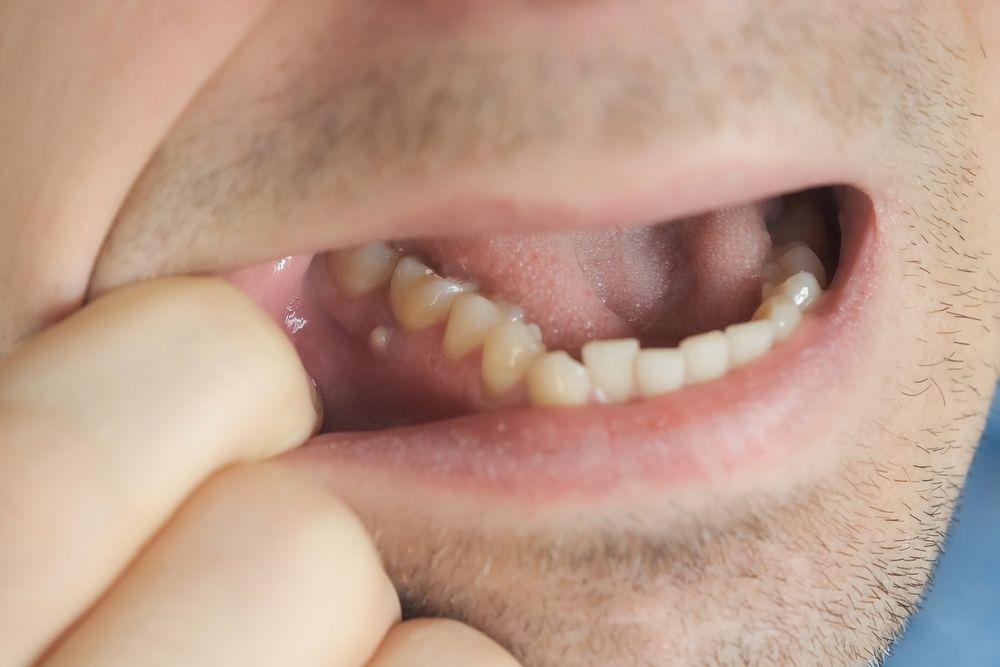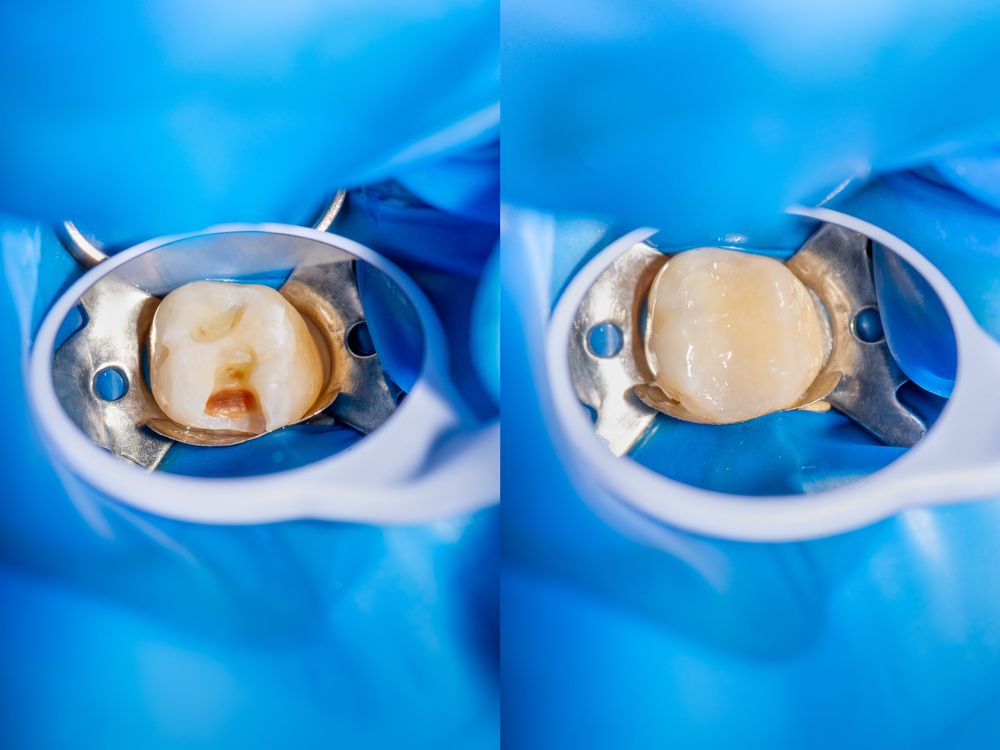Maintaining healthy gums is crucial for overall oral health and preventing serious dental issues like gum disease, which can lead to tooth loss and other health complications. Here are some key steps you can take to ensure your gums stay healthy and strong.
Brush Your Teeth Properly
Brushing your teeth is the first line of defense against gum disease. Here are some tips for effective brushing:
- Use the Right Toothbrush: Opt for a soft-bristled toothbrush to avoid damaging your gums.
- Brush Twice Daily: Brush your teeth at least twice a day, preferably in the morning and before bed.
- Use Proper Technique: Hold your toothbrush at a 45-degree angle to your gums and use gentle, circular motions. Be sure to brush all surfaces of your teeth, including the fronts, backs, and chewing surfaces.
- Brush for Two Minutes: Spend at least two minutes brushing to ensure all areas of your mouth are cleaned thoroughly.
Floss Daily
Flossing removes plaque and food particles from between your teeth and under the gumline, areas that your toothbrush can’t reach. To floss effectively:
- Use About 18 Inches of Floss: Wrap most of the floss around your middle fingers, leaving about 2 inches to work with.
- Slide the Floss Gently: Gently slide the floss between your teeth and curve it into a C shape around each tooth, going beneath the gumline. Move the floss up and down to remove plaque and debris.
Rinse with an Antimicrobial Mouthwash
Using an antimicrobial mouthwash can help reduce plaque, fight bacteria, and prevent gum disease. Choose a mouthwash that is specifically designed to improve gum health and follow the instructions on the label.
Maintain a Healthy Diet
Your diet plays a significant role in the health of your gums. To support gum health:
- Eat a Balanced Diet: Include plenty of fruits, vegetables, lean proteins, and whole grains in your diet.
- Limit Sugary and Acidic Foods: Reduce your intake of sugary snacks and drinks, as they can contribute to plaque buildup and gum disease.
- Stay Hydrated: Drinking water helps wash away food particles and bacteria, keeping your mouth clean.
Avoid Tobacco Products
Tobacco use is a major risk factor for gum disease. If you smoke or use other tobacco products, quitting can greatly improve your gum health and overall well-being.
Schedule Regular Dental Checkups
Regular dental visits are essential for maintaining healthy gums. Your dentist can:
- Perform Professional Cleanings: Professional cleanings remove plaque and tartar that can’t be eliminated by brushing and flossing alone.
- Check for Signs of Gum Disease: Early detection and treatment of gum disease can prevent it from progressing to more severe stages.
- Provide Personalized Advice: Your dentist can offer specific recommendations based on your individual oral health needs.
Be Aware of Gum Disease Symptoms
Knowing the signs of gum disease can help you seek treatment early. Common symptoms include:
- Red, swollen, or tender gums
- Bleeding while brushing or flossing
- Receding gums
- Persistent bad breath
- Loose or shifting teeth
If you notice any of these symptoms, schedule an appointment with your dentist as soon as possible.
Conclusion
Healthy gums are the foundation of a healthy mouth. By following these tips and maintaining good oral hygiene practices, you can keep your gums in top condition and prevent gum disease. Remember, regular dental checkups and a balanced diet also play vital roles in maintaining your gum health. Prioritize your gums today for a healthier, happier smile!






